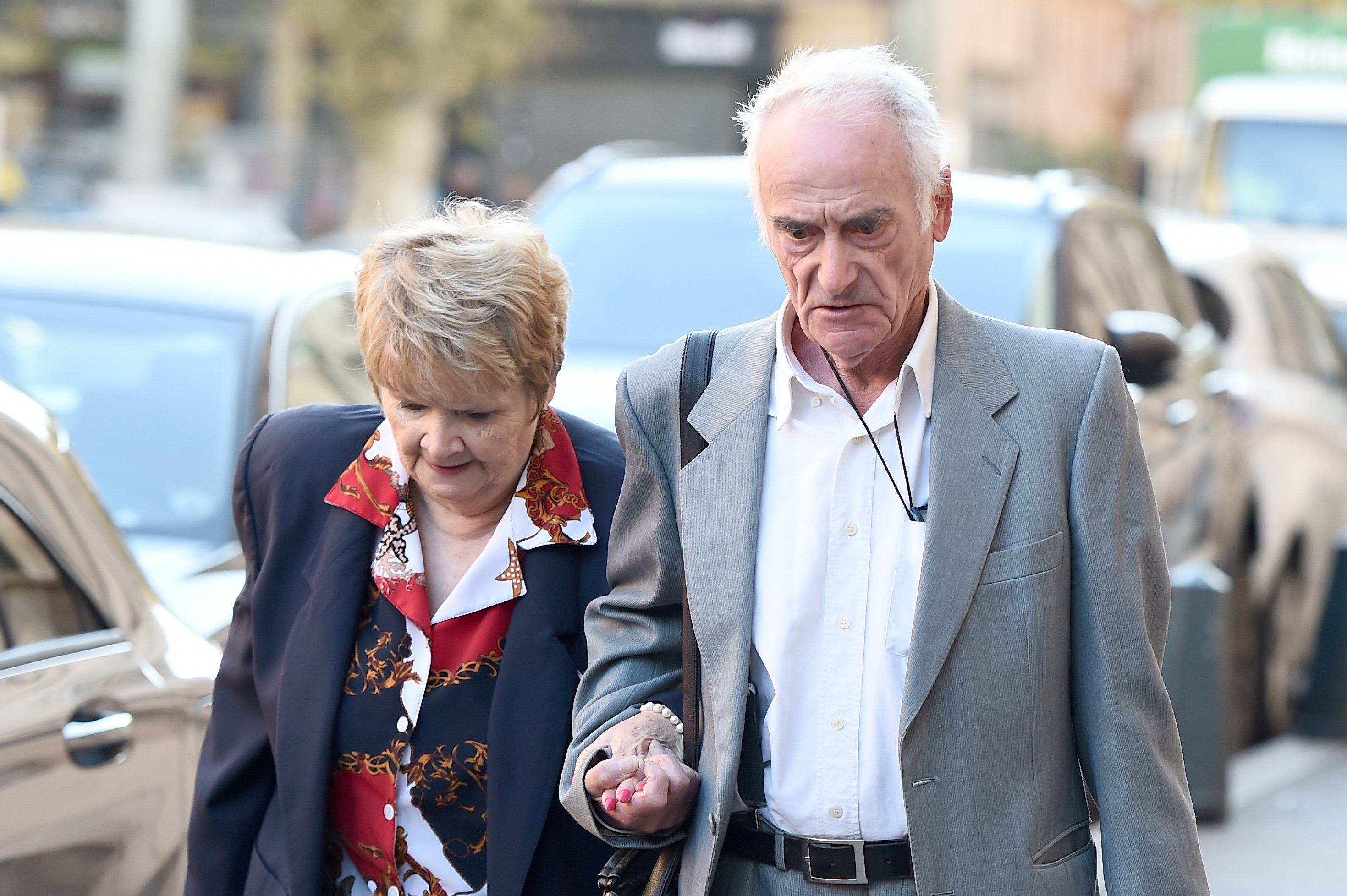
Pierre Le Guennec and his wife, Danielle, who kept 271 work by Picasso hidden in a garage for 40 years, have lost their appeal against the two-year suspended prison sentence given to them in November 2015.
The case began to unfold in 2010, when Le Guennec—a retired electrician who worked on the artist’s home in the 1970s—and his wife, took a suitcase full of artworks that had been languishing in their garage since at least 1973, to be assessed by Picasso’s estate in Paris.
The estate did recognize the works as being by Picasso, and created between 1900 to 1932, but suspicious of the whole situation, they alerted the police, who raided Le Guennec’s garage finding the full 271 works.
At that point, Le Guennec said that Jacqueline Picasso—who was married to the artist from 1961 until his death in 1973—had given him a box full of artwork, and told him to “take it home,” in 1971 or 1972, while the artist was still alive.
But in November, in the Aix-en-Provence court of appeals, Le Guennec admitted to lying in the earlier trial in order to protect himself and Jacqueline from being accused of stealing the drawings, collages, lithographs, and watercolors.
According to the electrician’s new version of the facts, given in the appeal, Jacqueline asked Le Guennec to temporarily store 15 to 17 trash bags full of artwork in 1973, after the artist’s death. She eventually took the works back, but gave one bag to the electrician to keep.
Le Guennec went on to add that Jacqueline “had problems with Claude,” implying that the she may have wanted to keep the works away from her stepson. Claude Picasso is the son of the artist and Françoise Gilot, and manages the Picasso administration. When the Le Guennecs were sentenced in 2015, the raided works were returned to him.
Claude Picasso (right), son of the Spanish artist Pablo Picasso, arrives with his lawyer Jean-Jacques Neuer at the court in Aix-en-Provence, southeastern France, for the appeal trial of Pierre Le Guennec, on October 31, 2016. Photo BORIS HORVAT/AFP/Getty Images.
But the Aix-en-Provence appeal court has rejected their claims that Jacqueline gave them the works in the first place, and found them guilty of possessing stolen goods, upholding the original sentence. The total worth of the cache has been valued at €60-100 million, according to RFI.
After the appeal was rejected, Jean-Jacques Neuer, Claude Picasso’s lawyer, accused the couple of manipulating the art market, and of this case being “just the tip of the iceberg.”
While Le Guennec has admitted to not knowing much about art—reportedly not even knowing what MoMA is—Neuer previously argued the case involved the “darkest” forces of the art market, running a ring of “international stolen art laundering.”